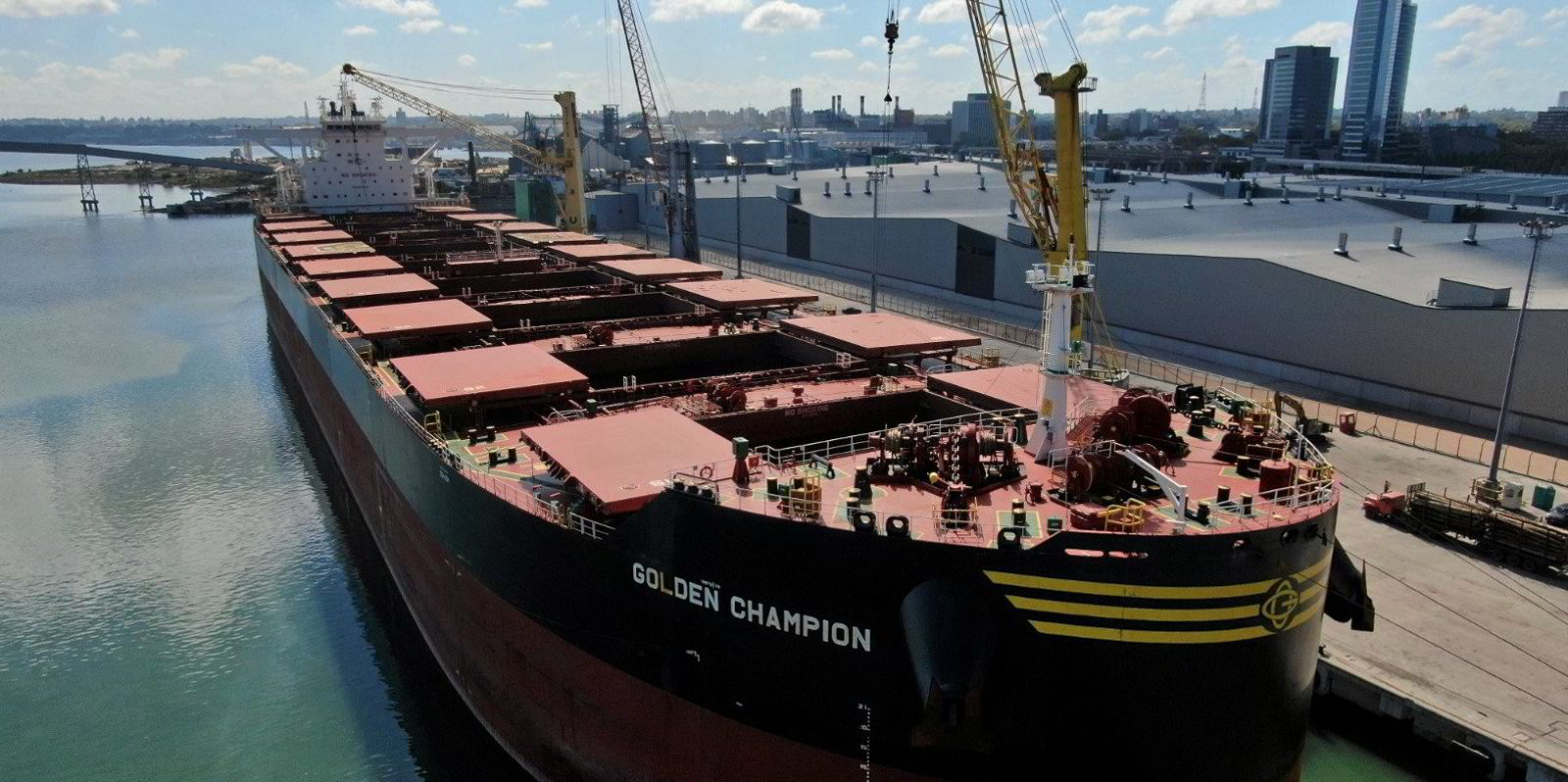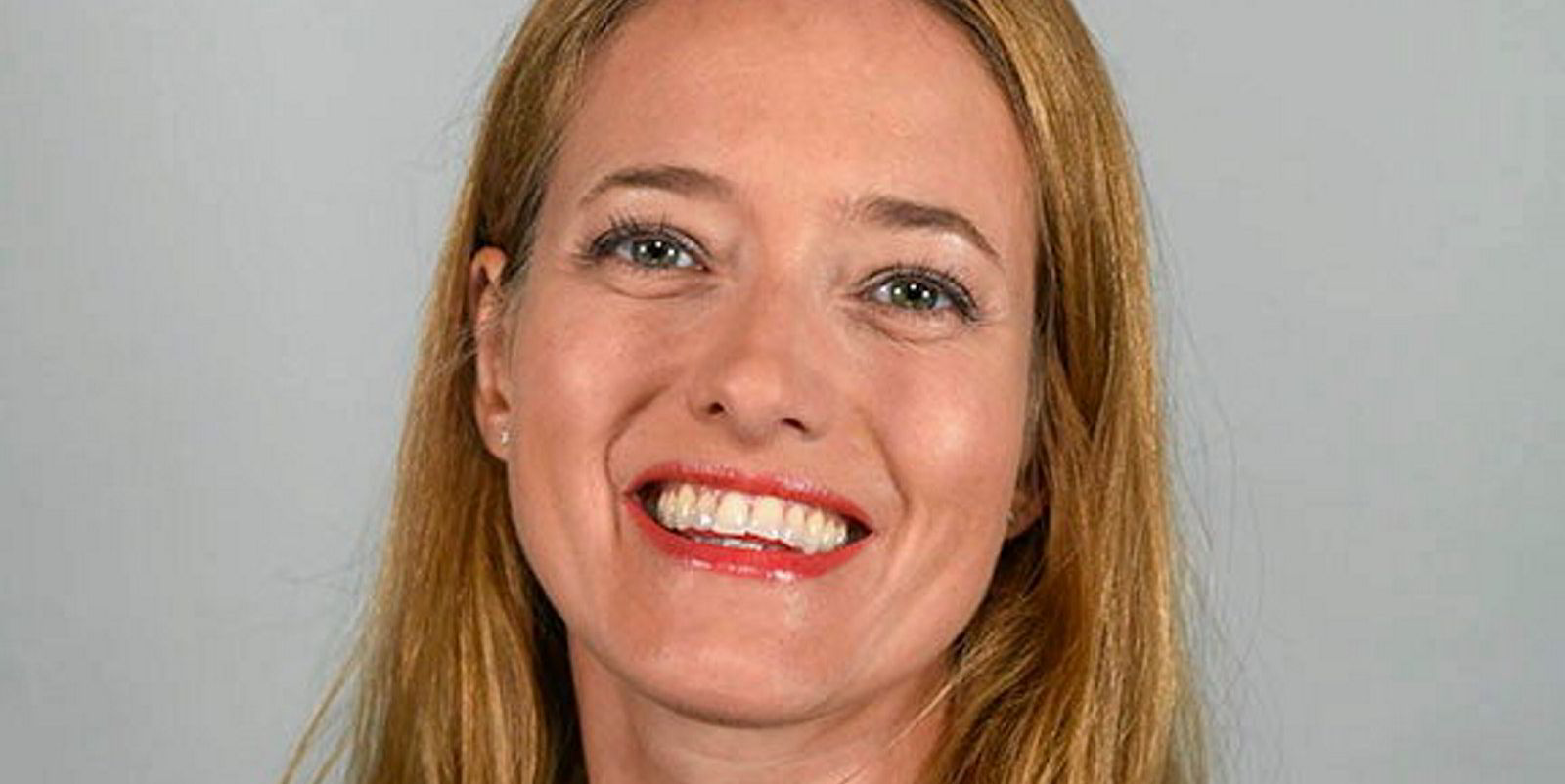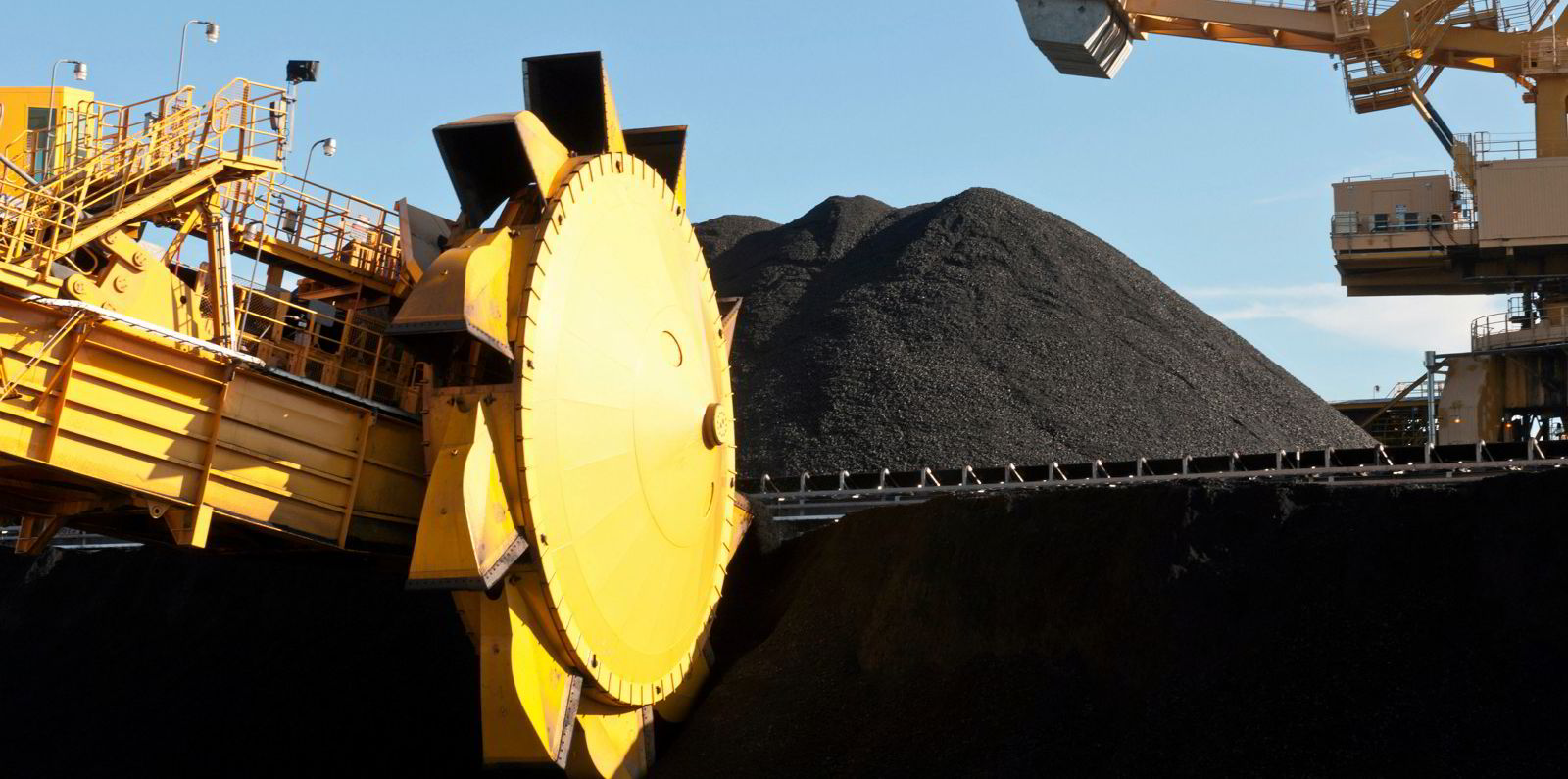Savings made on fuel costs and gains on vessel sales helped bulker owner Golden Ocean ride out weak markets during the third quarter and keep profit at an elevated level.
The Oslo and Nasdaq-listed shipowner reported net income of $104.6m and earnings per share of 52 cents for the third quarter, better than in the previous three months.
During the third quarter of 2021, when freight markets were much stronger, Golden Ocean booked net income of $195.3m and 97 cents in earnings per share.
The latest quarterly result includes a $21.9m gain booked on the sale of two ultramaxes, which generated net cash proceeds of $43m. The 60,300-dwt Golden Cecilie and Golden Cathrine (both built 2015) were sold in June to a buyer since revealed as Vanhui Shipping of Hong Kong.
Golden Ocean chief executive Ulrik Andersen said the “solid” third-quarter result was generated despite “challenging” geopolitical and macroeconomic conditions.
“Our modern, fuel-efficient vessels command a significant premium to benchmark earnings — a factor that has helped us consistently outperform the market this year,” he said.
“Based on our contracted charter coverage, we expect to generate strong results in the fourth quarter of 2022 ahead of an expected seasonal slowdown in the first quarter of next year.”
Golden Ocean has continued to pay out to shareholders and has declared a dividend of 35 cents per share for the third quarter, just over half of what it paid out during the previous three months.
But although the quarterly distributions have shrunk in size, the company pointed out that it has paid out just under $800m to shareholders since 2021.
Golden Ocean’s 56 capesize bulkers earned an average time charter equivalent rate of $22,658 per day during the third quarter. Its 28 panamax vessels earned $23,563 per day on average.
This quarter to date, Golden Ocean capesizes are earning $9,000 per day more than average Baltic Capesize Index earnings, which the owner attributed to fixed contracts, scrubber savings and its fuel-efficient fleet.
Its panamaxes are earning a premium of $6,400 per day over the average Baltic Panamax Index assessment.
Golden Ocean has bookings for 75% of its available capesize days this quarter at $23,100 per day on average. Its panamax vessels are booked for 78% of available days at an average rate of $19,100 per day.
Golden Ocean hopes that China’s gradual reopening in 2023 and economic stimuli will boost iron ore and steel demand next year, despite headwinds from inflation and slower growth.
It also noted that the bulker orderbook remains at near historic loads, which it thinks should help support a rebound in freight rates in 2023.
The shipowner has a very low level of forward coverage for the first three months of next year.
Just 4% of capesize days are booked during the first quarter at an average rate of $21,300 per day. Panamax days have a higher level of cover, with 21% of days booked at $21,150 per day.
“Our strong earnings generation potential, combined with an expectation for historically low fleet growth, gives us confidence in our positive long-term outlook,” Andersen said. “This is reflected in our continued commitment to returning dividends to our shareholders and in our recently announced share buyback programme.”
In October, Golden Ocean began a $100m share buyback programme to repurchase its securities on the Oslo Stock Exchange and on the Nasdaq bourse in New York.
At the time, Andersen said the buyback was in the interest of its shareholders, given the decline in Golden Ocean’s share price. Uncertainty in the global economy has hit capital markets and near-term dry bulk freight sentiment, which has had a knock-on effect on equities for bulker owners.
In September, Golden Ocean’s shares received a boost after US investment giant BlackRock became the shipowner’s second-biggest shareholder.






